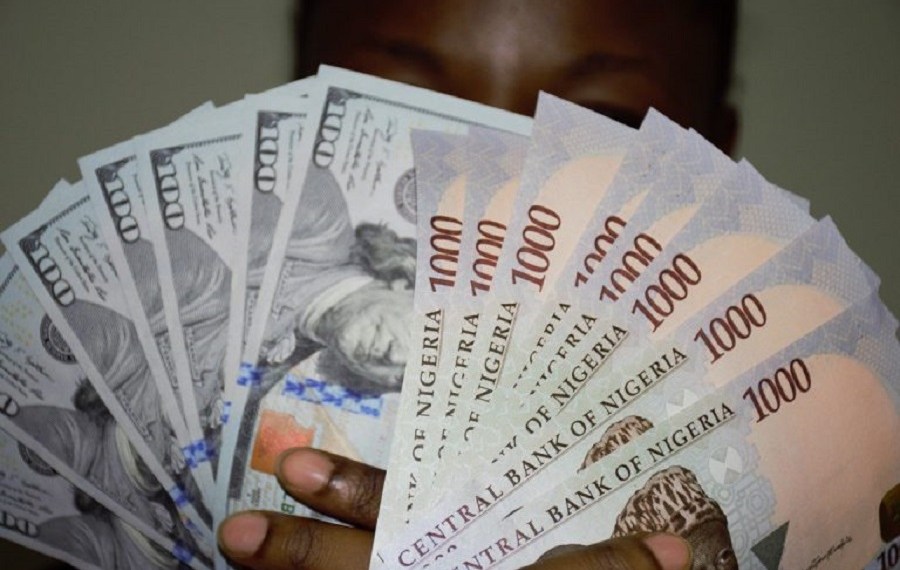
Aboki Naira To Dollar Black Market Rate Today 31st October 2024
Today, October 31, 2024, the Nigerian Naira witnessed a significant depreciation on the black market, trading at a rate where buyers could purchase a dollar for N1730, and sellers offered it at N1740, marking a notable decline in the currency’s value against the US Dollar. This shift reflects the ongoing economic pressures within Nigeria, exacerbated by various internal and external factors.
The black market, often referred to colloquially as the “Aboki” rate, has become increasingly volatile, with today’s figures indicating a further weakening of the Naira. This rate starkly contrasts the Central Bank of Nigeria’s (CBN) official rate, which remains more favourable but less reflective of the real-time economic conditions the average Nigerian faces.
Trending Now!!:
The Naira’s decline can be attributed to several economic challenges:
- Inflation Rates: Nigeria has been grappling with high inflation rates, which have pushed up the cost of goods and services, which in turn affects the currency’s value.
- Foreign Reserves: The dwindling foreign reserves have forced the CBN to occasionally defend the Naira, but the black market largely bypasses these interventions.
- Oil Prices and Production: Nigeria is an oil-dependent economy, so fluctuations in global oil prices and production levels directly impact the Naira’s strength.
- Political Stability: Uncertainty about political stability and policy consistency also affects investor confidence and currency strength.
This depreciation has immediate implications for Nigerians:
- Cost of Living: Imported goods become more expensive, directly affecting the cost of living.
- Travel and Education: Those planning to travel abroad or send their children for international education face higher costs.
- Business: Businesses that rely on imports or foreign transactions find their operational costs soaring, potentially leading to higher consumer prices.
The CBN has been under pressure to adopt more flexible exchange rate policies that better reflect market realities. However, today’s black market rates suggest that these efforts might not translate effectively to the informal markets where many Nigerians operate.
Analysts predict that without significant policy adjustments or a global economic shift favouring oil prices, the Naira might continue its downward trajectory. Calls for economic diversification, investment in non-oil sectors, and fiscal discipline grow louder, echoing through economic discourse on social platforms and in financial analyses.
As Nigeria navigates these economic waters, the Naira’s value remains a barometer of broader economic health, reflecting monetary policies and the intricate dance of global trade, local politics, and economic strategies.


